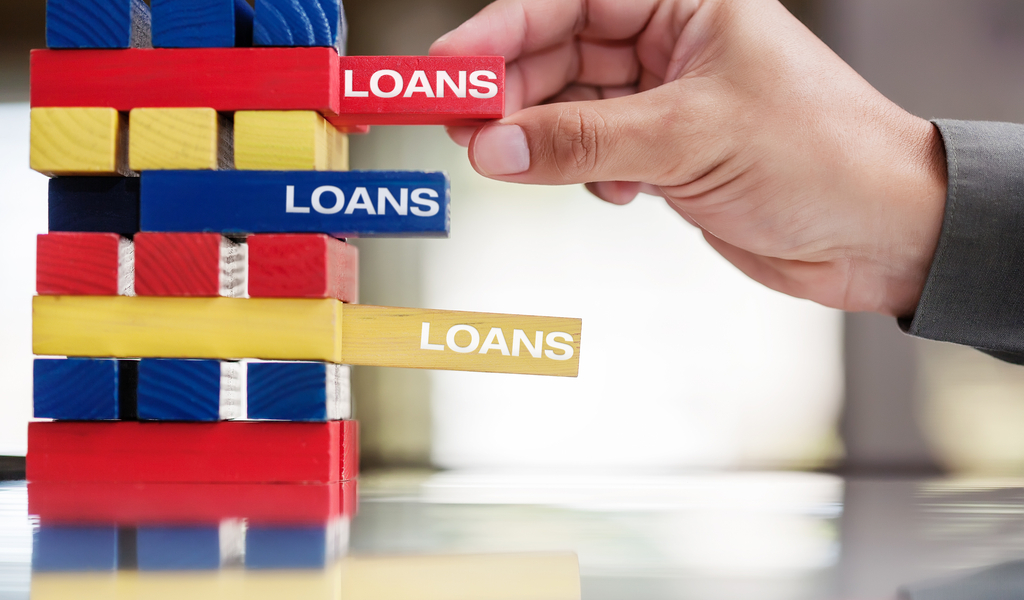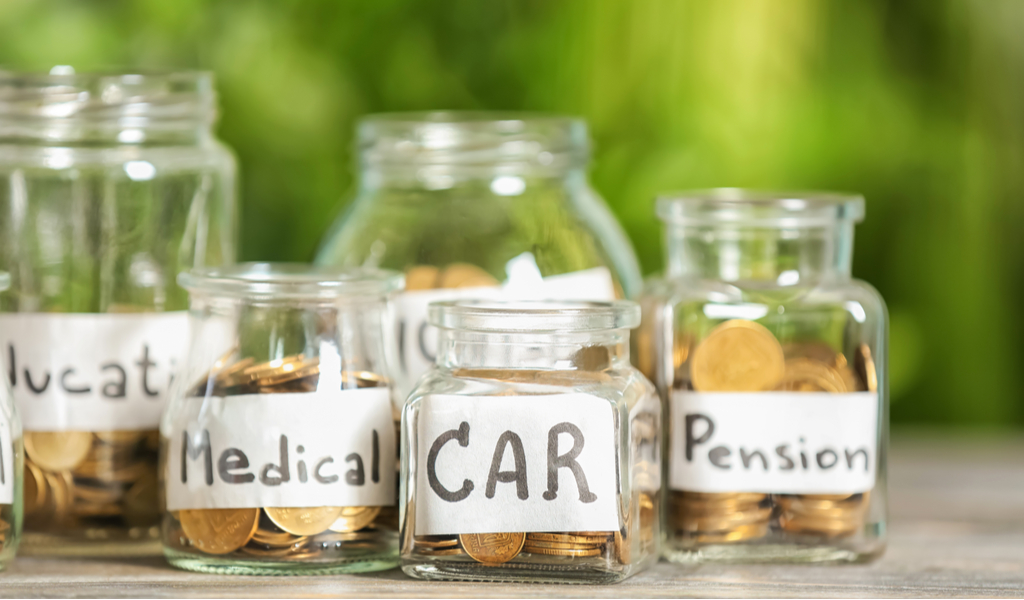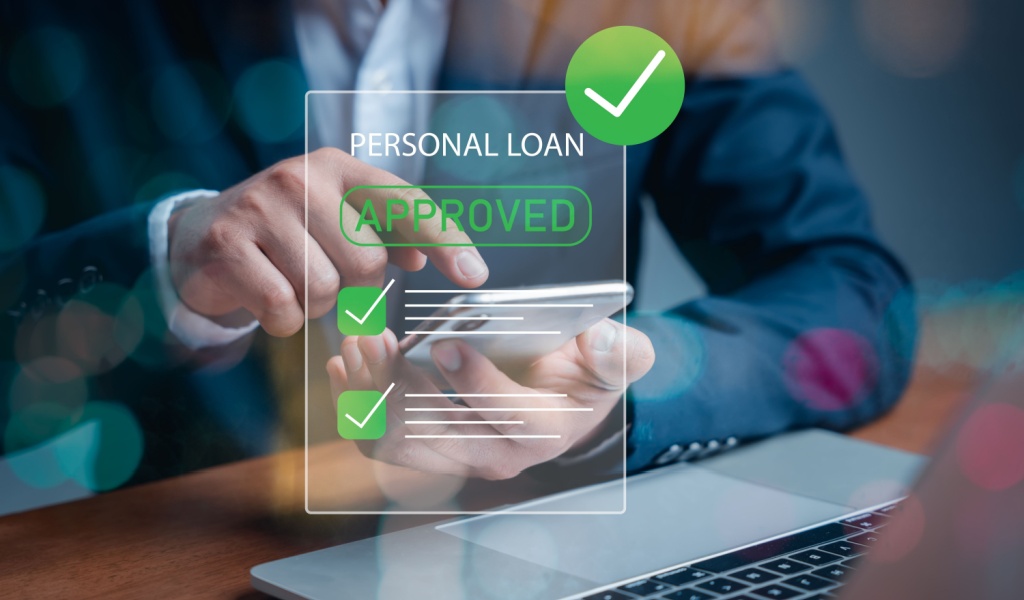Having a healthy mix of loans is a key part of maintaining good credit, and this includes things like mortgage loans, auto loans, and even a small credit card balance. However, there are certain types of loans that have the opposite effect on your creditworthiness. Borrowing money isn’t always deemed to be good, and therefore, these are the 6 types of loans you should never get:

1. 401(k) Loans
Some lenders may make taking loans out on your 401(k)-retirement funds look very attractive, especially because they do carry a relatively low-interest rate and it is considered tax-free money, but we urge you to dig deeper before making a choice you may regret later.
For starters, loans that are taken out on your 401(k) require to be paid back with after-tax dollars. The money you take out is considered a hardship distribution. And if you cannot pay it back within the given period (usually 60 days) for some reason (maybe a job loss), then you will be expected to pay a tax on the unpaid balance, and you will also be penalized with an early withdrawal fee.
All of this while you are missing out on the earnings that could have been accumulated by your hard-earned money, which is the goal of a retirement fund. It’s a lose-lose situation no matter which way you slice it!
2. Payday Loans
Usually averaging around $500, these seemingly simple loans are expected to be paid back in full in a single payment within 2-4 weeks or on your “payday”, i.e. the day that your salary, social security check, or pension comes in.
Typically, these loans carry a fee of somewhere between $15 and $30 for every $100 borrowed, so it may not seem like much. However, when considering the annual percentage rate or APR of a traditional loan, which is usually around 15%, payday loans come in at about 400%! APR for payday loans can be even higher in states that do not cap the maximum cost.
Now, considering that only a small amount is borrowed and it is expected to be paid back within a month, you would be far better off putting the purchase on your credit card. If you managed to pay the bill within the stipulated time, which is often a month or two, you won’t have to pay any extra money at all!
3. Home Equity Loans for Debt Consolidation
Home equity loans are those that are borrowed against the part of your mortgage that has been paid off already. A good rule of thumb is to never take out a loan on your home unless it is to increase the value of your assets. For example, home improvements, or ideally, the purchase of another property, increases the value of your assets. As a bonus, interest paid on a Home Equity Line of Credit (HELOC) taken out for home improvements is actually tax-deductible!
However, you should never use a “good debt”, i.e. mortgage, to pay off a “bad debt”. These include things like credit card debt. At first, it may seem like a good idea because you can pay off a bunch of small debt payments at once and consolidate it into one larger monthly payment at a lower interest rate. However, this can be a slippery slope. Once your credit cards are paid off, you are free to use them, and credit cards are notorious for tempting you to spend money you don’t have. All this while you also have a home equity loan to pay off. A lot of the time, people end up needing credit counseling.
In the worst-case scenario, you may end up losing your home just to pay off some credit cards!

4. Title Loans
Auto title loans require you to put up the title to your car as collateral. Title loans are typically small, like payday loans, and also are short term and have a very high APR. Similar to HELOCs, you are putting an asset – in this care, your car – on the line for quick funds.
The risk is far greater than the benefit with title loans. If you don’t repay as agreed, you could lose your car, and over a way smaller amount than your car’s worth! In fact, the Consumer Federation of America states that more than half of car title loans are for $500 or less, and come with an average APR of 300%. Considering that tens of thousands of cars get repossessed due to title loans every year, you tell us if it seems to be worth it!
Plus, losing a vehicle means hindering your ability to make a living for most people as they use it to get to work every day. Again, it doesn’t make sense to give up such a valuable asset in exchange for a small loan with high risk and bad terms.
5. Cash Advances
It might seem like a good idea to get a small cash advance through your credit card since you are already sort of getting a loan when you make purchases through it, right? Wrong. Purchases made through a credit card and cash advances are treated as different types of transactions. Cash advances, make no mistake, are loans. And very expensive ones at that.
Unlike a credit card purchase, which only incurs an interest after the pay-by date, cash advances are not only charged an interest upfront (8% or so – which is already way higher than an average credit card transaction), but they also start accumulating interest immediately from the date you borrow them – no grace periods here!
You probably know that withdrawing money through an ATM machine using your credit card is considered a cash advance, but did you know that those checks that your credit card company sends you are the exact same loan with the exact same bad terms? The only thing you should be doing with those checks is shredding them! Never, ever, get a cash advance!
6. Personal Loans from Family
Money can drive a wedge into any relationship, so think carefully before asking to borrow from any friends or family. Is the need for money so urgent and requisite that you are willing to risk the relationship of the person you want to ask? If the answer is no, we urge you to consider other options.
You may think that your relationship could never be tested, but never fail to consider the impact of adding the dimension of lender/borrower to it. Getting a personal loan from a family makes you more likely to not pay them back. They won’t feel comfortable pursuing you aggressively like a traditional lender, which means the feelings of resentment begin brewing inside – especially every time they see you make a purchase that they deem to be unnecessary. And with the age of social media, hiding your life from them isn’t always possible.
So never borrow from a family member or close friend unless you are absolutely desperate. If it is a personal issue that caused you to fall in debt, get the help you need to get better instead of slapping a money-shaped band-aid on the problem.



